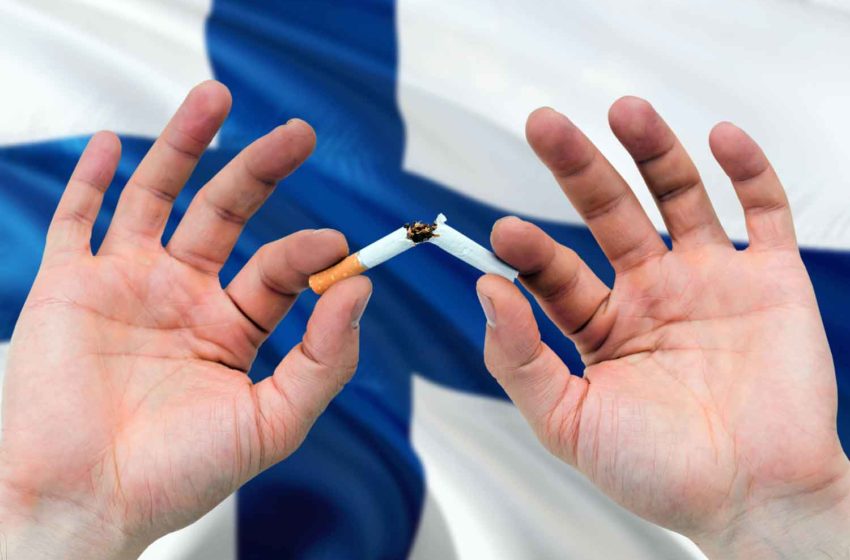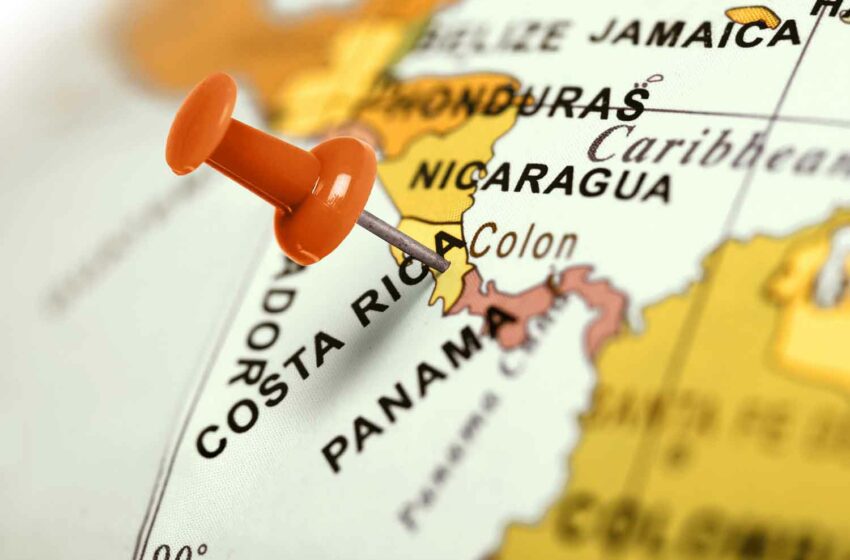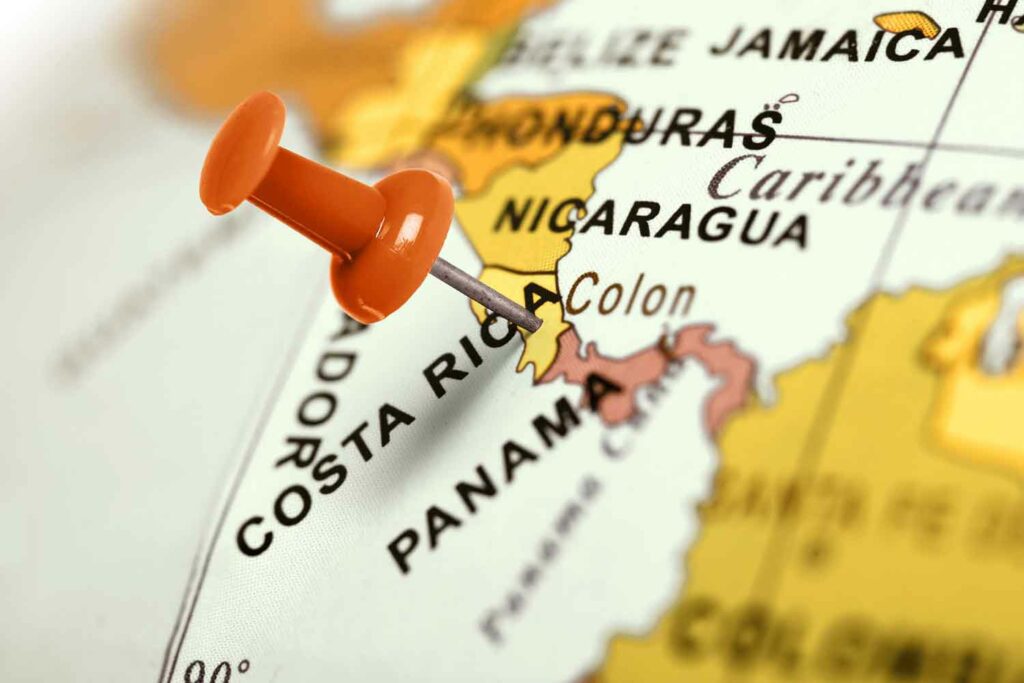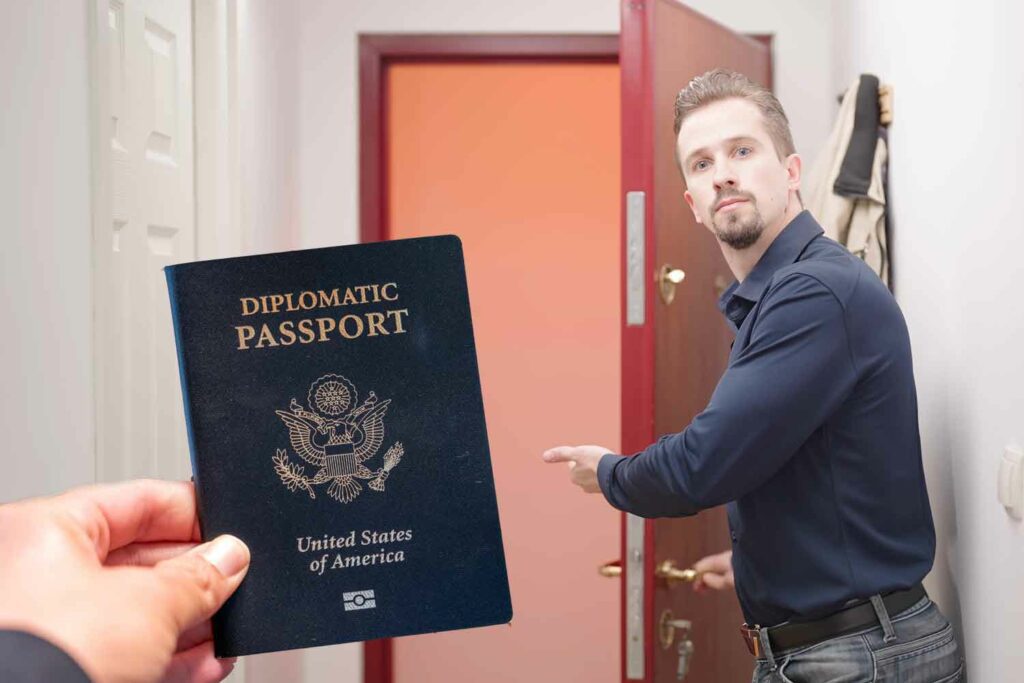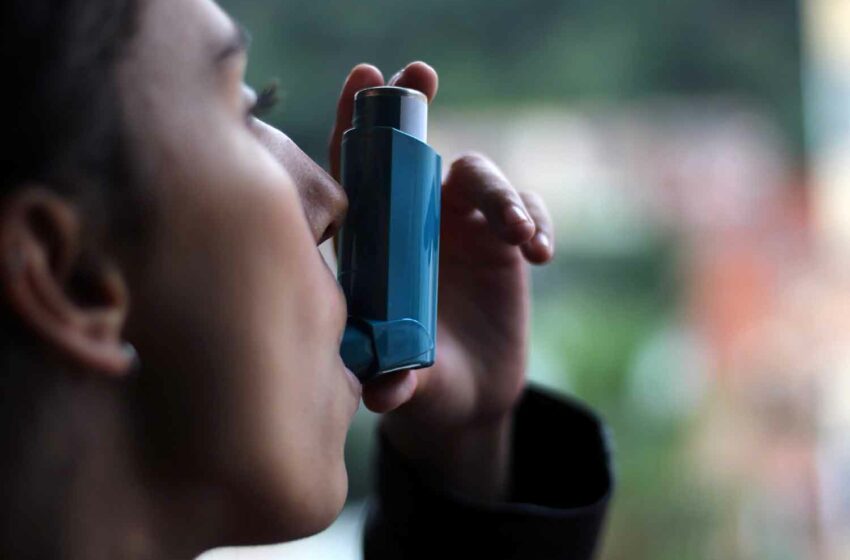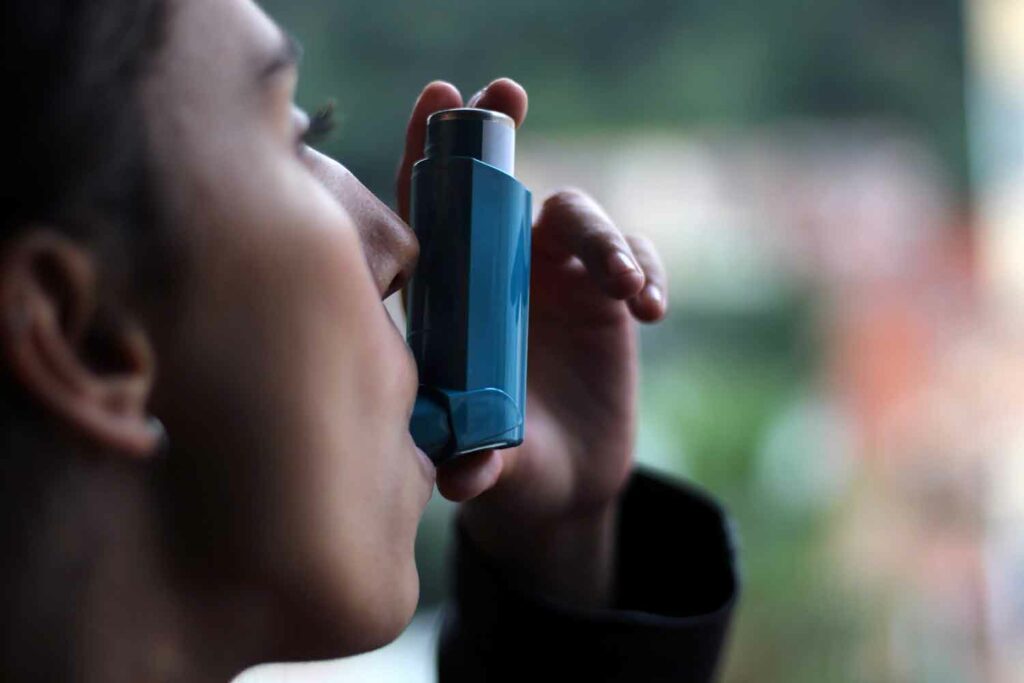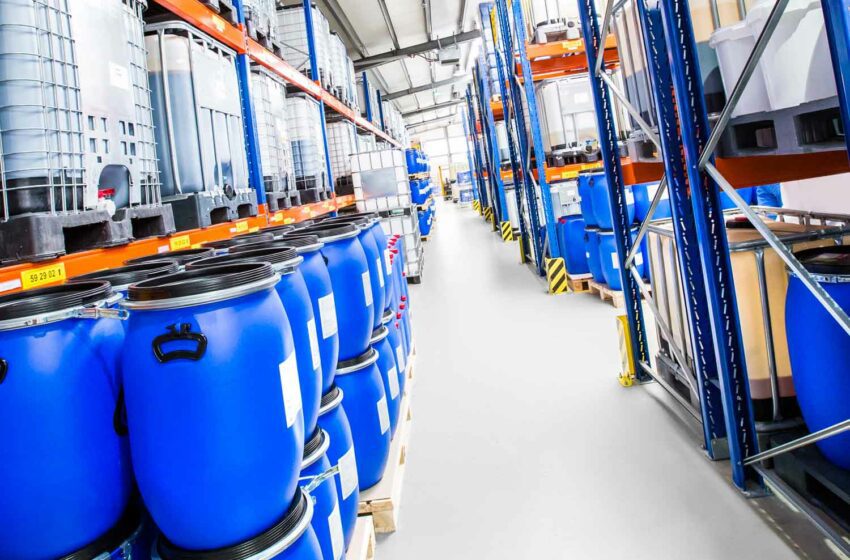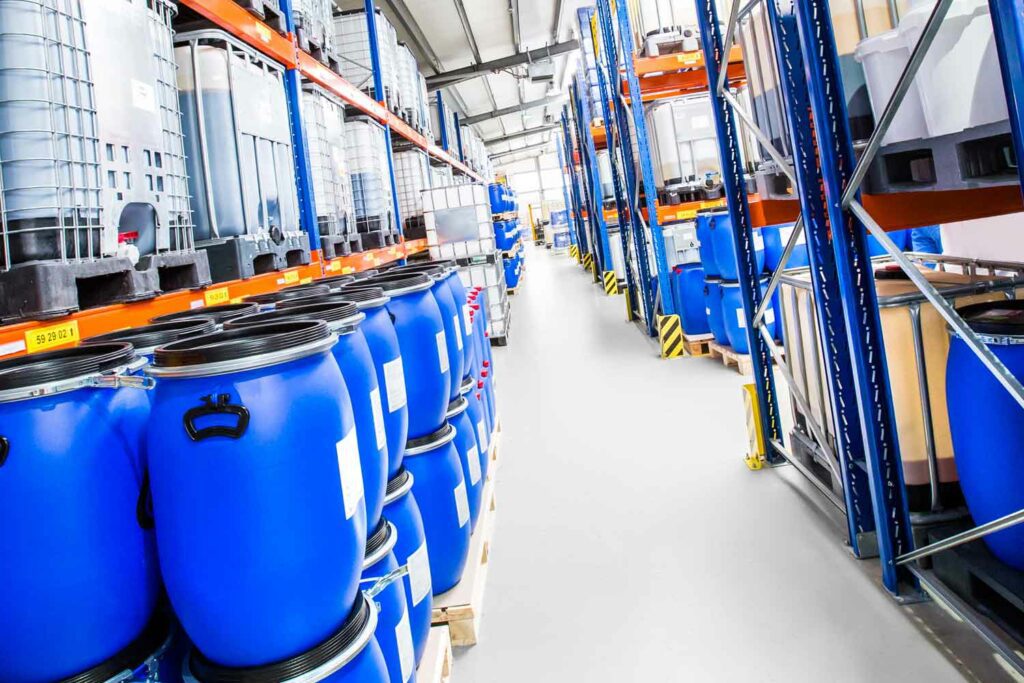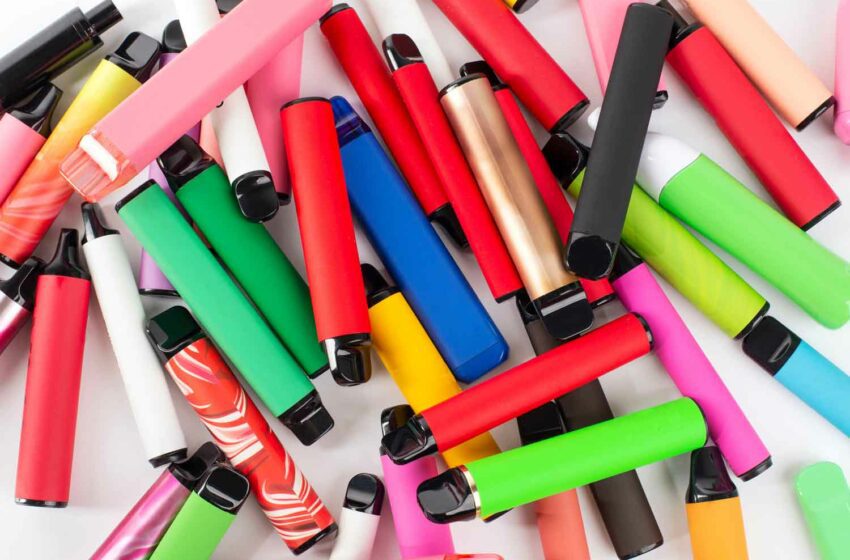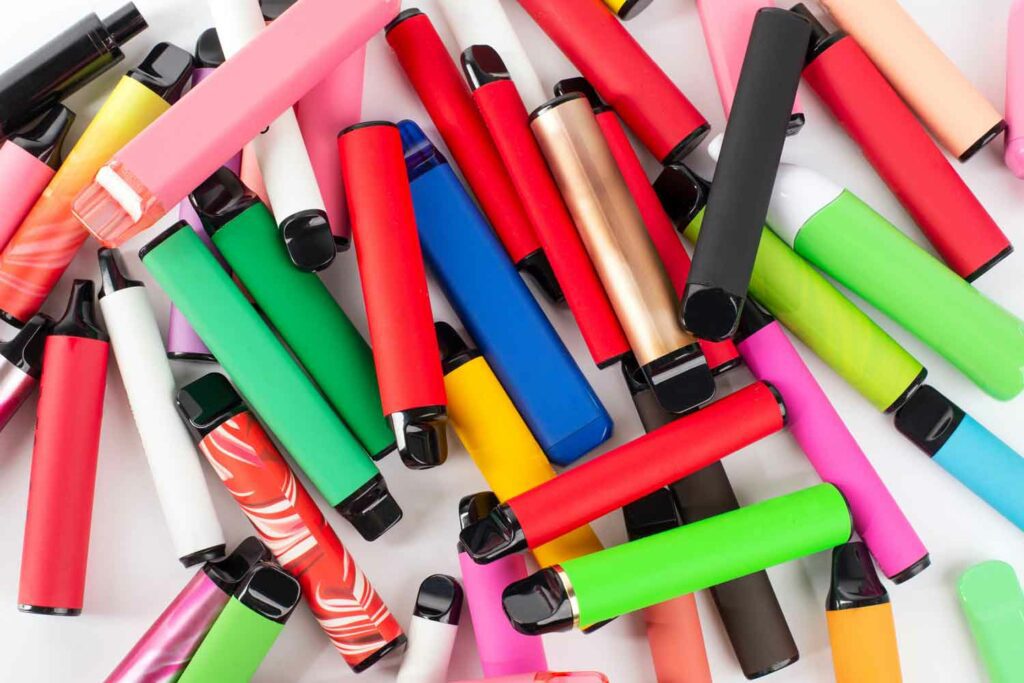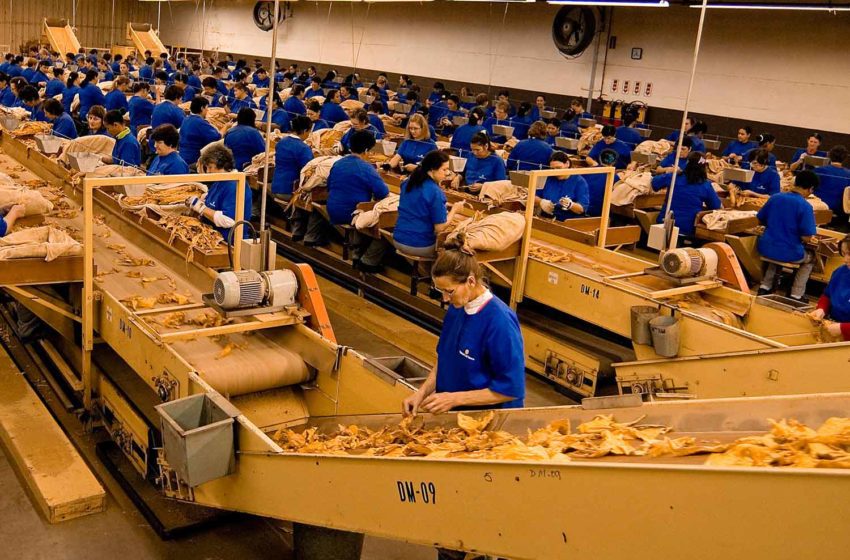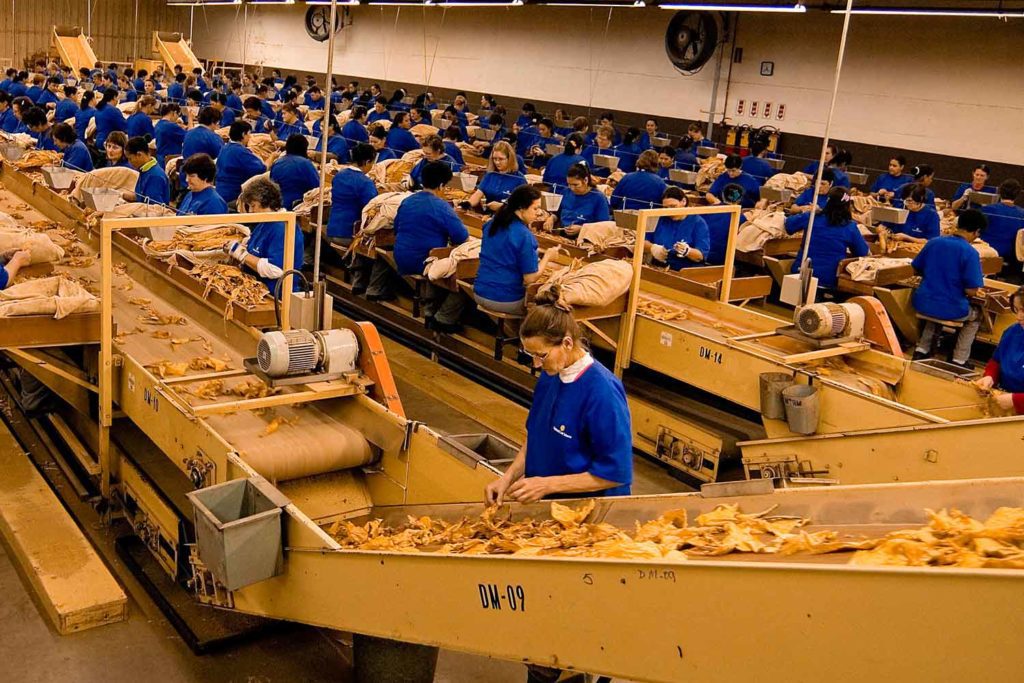
Tobacconists in the Netherlands have seen their turnover jump by 40 percent since the government banned tobacco sales in supermarkets, reports Dutch News, citing NSO Retail, the trade association for entrepreneurs with tobacco shops.
While the supermarket ban took effect July 1, NSO Retail, which represents some 1,600 tobacco stores, notes the increase in turnover at specialty stores has been going on for some time because leading supermarket chains Albert Heijn and Lidl had already stopped selling tobacco.
According to research by TabakNee, a smoking-prevention research website, more than 100 new tobacco shops have opened in the Netherlands this year. “That’s more than in the whole of 2023,” a spokesperson was quoted a saying. “At the beginning of June, we had 230 new shops since the supermarket ban was announced at the end of 2020.”
TabakNee says some entrepreneurs have taken advantage of the measure by opening tobacco shops near supermarkets.
NSO Retail disputes that claim. According to the trade association, “net dozens” of tobacco shops have been added this year. “That is certainly not a spectacular increase when you know that more than 6,000 supermarkets have stopped selling tobacco,” it said.
Petrol stations have also benefitted from the supermarket ban, according to industry organization Drive. Since the start of 2024, tobacco sales at its 1,300 affiliated petrol stations have increased by between 10 and 40 percent, according to the organization.


